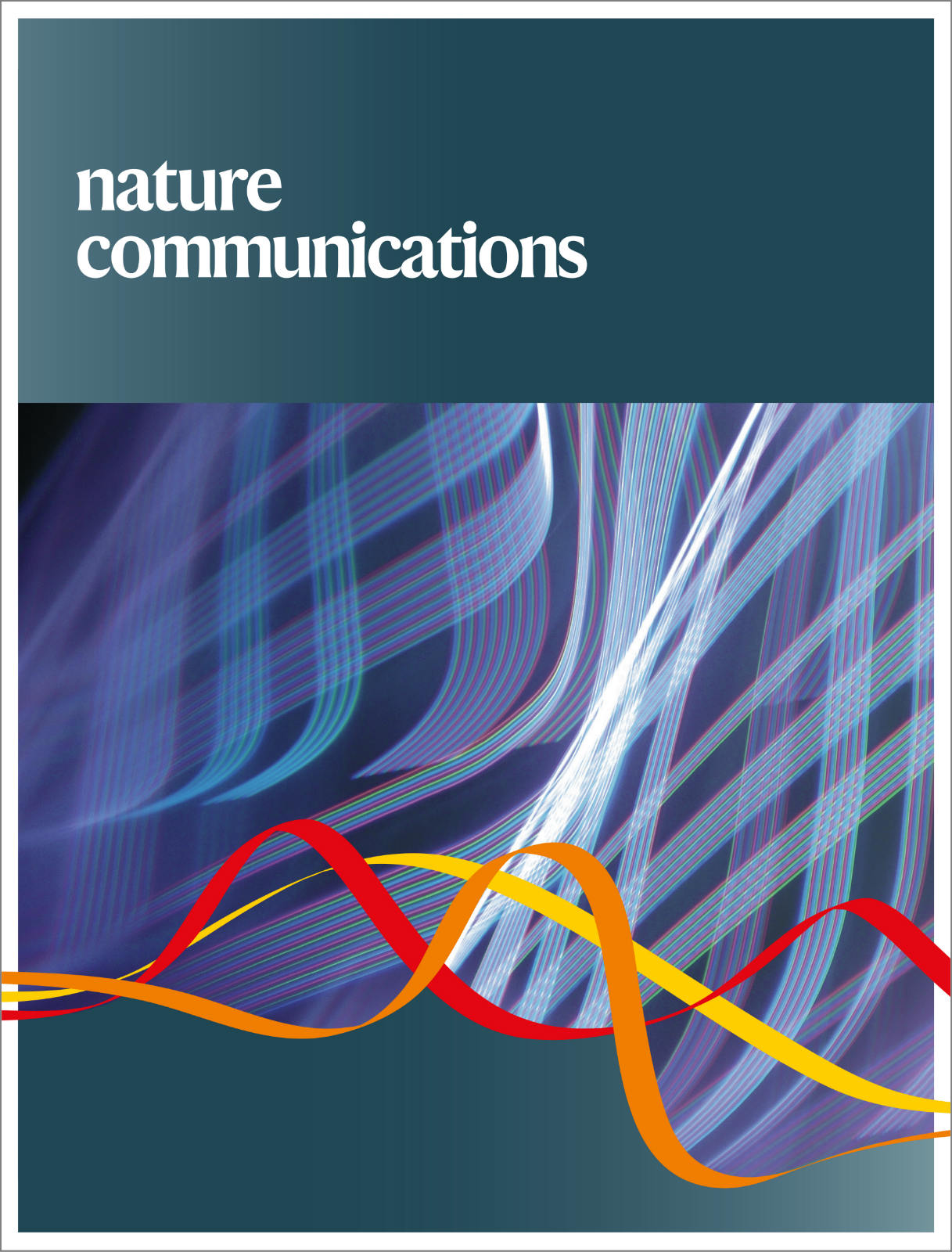Mechano-crosstalk between living and artificial cells.
IF 15.7
1区 综合性期刊
Q1 MULTIDISCIPLINARY SCIENCES
引用次数: 0
Abstract
The mechanisms underlying the probing and response of cells to direct cell-presented mechanical signals generated in the local microenvironment are important controllers of diverse cell behaviours. Here we construct a model artificial pathogen cell with the similar compartmentalization architecture and same range of tunable rigidity as found in natural cells. By incubating the artificial cells with macrophages, we investigate the mechanisms of mechano-crosstalk between living cells and model protocells. We show that macrophages are equipped with distinct pseudopodia that facilitate the probing of cell-presented mechanical signals. Increasing the rigidity of the artificial pathogen cells enhances the proinflammatory polarization of the macrophages by promoting the docking of the mechanosensitive molecular clutch, actin assembly, and pseudopodia extension. The relationship between cell morphology and functional plasticity involves a mechano-transduction axis including artificial cell rigidity, pseudopodia, and macrophage inflammatory response. Taken together, our model protocells provide a new platform to decouple cell-presented mechanical signals and highlight their role in governing protocell-living cell mechano-crosstalk.活细胞和人造细胞之间的机械串扰。
细胞对局部微环境中产生的直接细胞机械信号的探测和响应机制是多种细胞行为的重要控制器。在这里,我们构建了一个模型人工病原体细胞,具有与自然细胞相似的分区结构和相同的可调刚度范围。通过将人造细胞与巨噬细胞孵育,研究了活细胞与模型原细胞之间的机械串扰机制。我们发现巨噬细胞具有独特的假足,这有助于探测细胞呈现的机械信号。增加人工病原体细胞的刚性,通过促进机械敏感分子离合器、肌动蛋白组装和假足延伸的对接,增强巨噬细胞的促炎极化。细胞形态和功能可塑性之间的关系涉及一个机械转导轴,包括人造细胞刚性、假足和巨噬细胞炎症反应。综上所述,我们的模型原始细胞提供了一个新的平台来解耦细胞呈现的机械信号,并突出它们在控制原始细胞-活细胞机械串扰中的作用。
本文章由计算机程序翻译,如有差异,请以英文原文为准。
求助全文
约1分钟内获得全文
求助全文
来源期刊

Nature Communications
Biological Science Disciplines-
CiteScore
24.90
自引率
2.40%
发文量
6928
审稿时长
3.7 months
期刊介绍:
Nature Communications, an open-access journal, publishes high-quality research spanning all areas of the natural sciences. Papers featured in the journal showcase significant advances relevant to specialists in each respective field. With a 2-year impact factor of 16.6 (2022) and a median time of 8 days from submission to the first editorial decision, Nature Communications is committed to rapid dissemination of research findings. As a multidisciplinary journal, it welcomes contributions from biological, health, physical, chemical, Earth, social, mathematical, applied, and engineering sciences, aiming to highlight important breakthroughs within each domain.
 求助内容:
求助内容: 应助结果提醒方式:
应助结果提醒方式:


